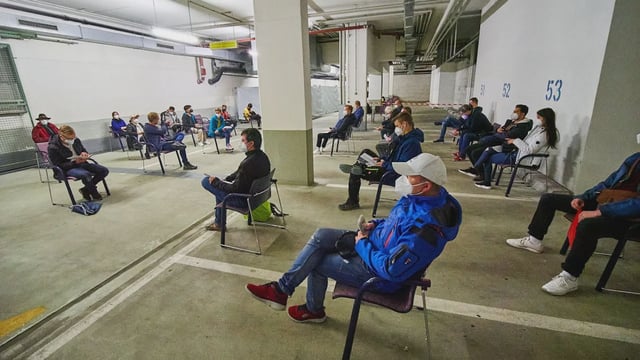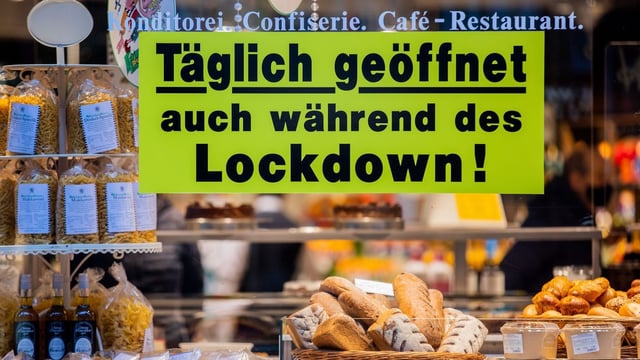Overview
- The first COVID-19 cases in Germany were reported in February 2020, with hotspots emerging in Ebersberg, Bavaria, and Heinsberg, North Rhine-Westphalia.
- In Heinsberg, a Karneval event became an early epicenter, leading to rapid quarantines and stigmatization of the community as 'Aussätzige' (outcasts).
- Healthcare systems faced immense strain, with hospitals adapting to surging cases and implementing emergency measures, while staff endured emotional and physical tolls.
- Communities rallied with acts of solidarity, such as mask-making and vaccination drives, despite divisions over public health measures and protests against restrictions.
- By the pandemic's official end in February 2023, over 32,000 COVID-related deaths were recorded in North Rhine-Westphalia, highlighting the virus's profound impact.


